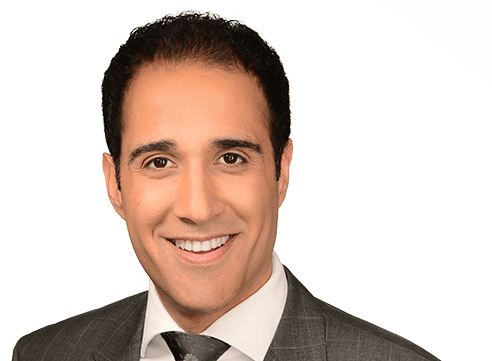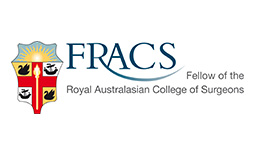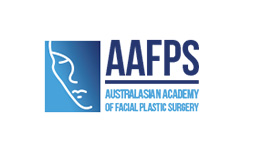There is a tendency for cancers to form within the head and neck region, including the upper digestive track. Cancers can form anywhere within the mouth, the tongue, the palate, or inside the sinuses and entire throat region.
Head and neck cancer
Head and neck cancers are most commonly caused by alcohol consumption and tobacco use (including the use of smokeless or chewing tobacco). Other factors, such as sun exposure, may lead to other forms of skin cancer on the head or neck. Patients who are at an increased risk for developing head and neck cancer should be screened regularly as early detection can significantly improve the effectiveness of treatment.
The diagnosis and treatment of these cancers involve a number of different specialists including, but not limited to, general practitioners, ENT specialists, plastic and reconstructive specialists, and radiation/chemotherapy doctors. Dr. Choroomi is part of multidisciplinary team of specialists who discuss, plan and treat patients with head and neck cancers.
Symptoms of Head and Neck Cancer:
- Difficulty swallowing
- Change in your voice that is not improving
- Pain in the mouth, throat or tongue region
- Noticeable lesion on your tongue or palate
- Neck Lumps
- Growth in the mouth
If you experience or have discovered any such symptoms, consult with your general practitioner. If your symptoms are concerning, your general practitioner will refer you to an ENT (Ear, Nose and Throat) specialist for further evaluation.
Evaluation by Dr Choroomi
During your appointment, Dr Choroomi will discuss
- Your medical history including family history of head or neck cancers.
- Discuss your drinking and smoking habits and any.
- Examine your mouth, palate, neck, ears and eyes.
- Check your lymph nodes by gently feeling the sides of your neck.
Dr Choroomi may request you have a CT, MRI and PET scan along with a biopsy of the infected area to determine if cancer cells are present.
Biopsy of Head and Neck Cancer
A biopsy is typically performed under general anaesthesia to diagnose all head and neck cancers. During the biopsy, a small amount of tissue is removed from the affected area. Recovery is minimal as only a small amount of tissue is removed. The tissue sample is sent to a pathology lab to determine if cancer cells are present. The results typically come back within 5 days. Dr Choroomi will contact you regarding the outcome of your biopsy.
Diagnosis of Head and Neck Cancer
Once your tissue and imaging results are obtained, your case will be discussed in a multi-disciplinary head and neck cancer clinic. Here it will be determined whether excision, radiation, or chemotherapy treatments are needed to treat your type of cancer.








